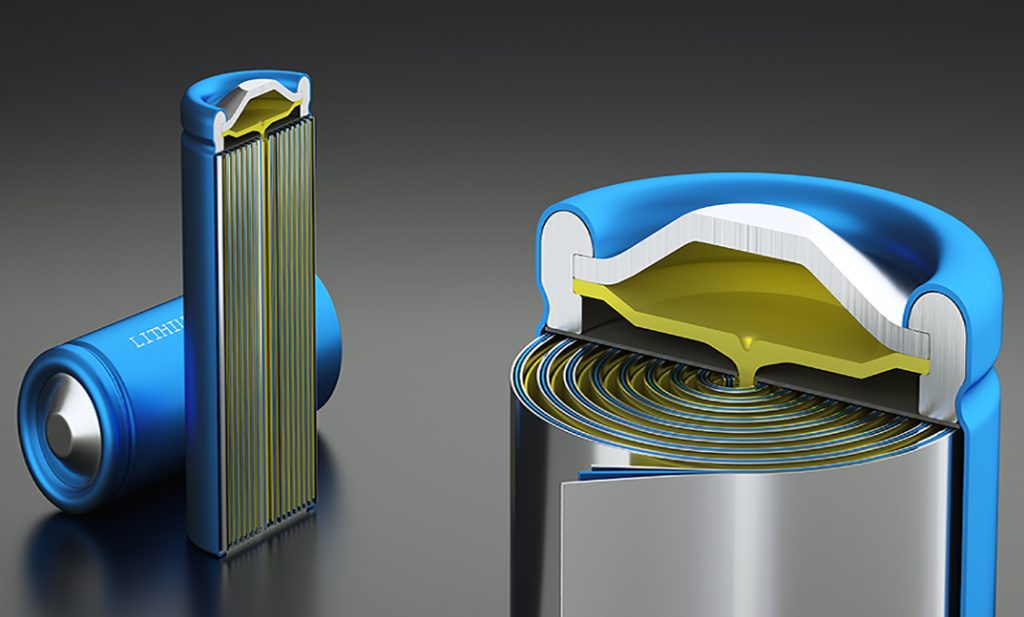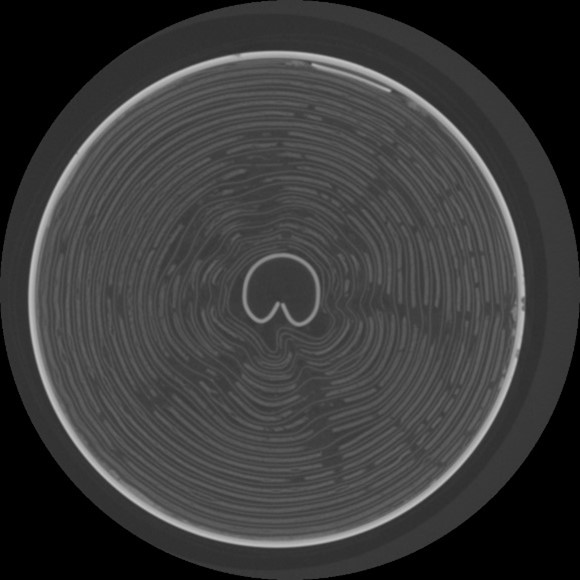Specialized Battery Testing
Specialized Battery Testing
BSI’s teams of experts have worked to develop specialized battery testing methods. With more than 20 years of industry experience, BSI’s staff is well equipped to handle unique and challenging investigations.

Some of these tests includes:
- Thermal Stability
- UL Testing
- Specific Heat Capacity/Thermal Conductivity
- Cross Sectioning and Cell Disassembly
- Micro X-Ray computed Tomography (CT) scanning
- Performance Testing
- Cycle Life/Calendar Life
- Qualitative/Quantitative Gas Analysis (SK)
- Thermal Runaway Propagation Testing of Battery Pack
- CFD Simulation Modeling


Specific Heat Capacity of Cell
Specific heat capacity is defined as the amount of heat that must be added to one unit mass of a substance to cause a temperature increase of one unit temperature in the substance.
High specific heat indicates a material that
is less prone to temperature change, whereas low specific heat indicates
Read more

Gas Generation Measurement
Swelling of a battery is caused by the generation of gases. Generation of these gases not only effects the performance of cells, but is also a major safety concern. Gases (such as CO2, CO, and H2)
are released as a result of electrolyte decomposition. Chemical reactions occur between O2 which is released from the cathode
atomic lattice and CO which is also released from the same place on the cathode. BSI has developed an innovative buoyancy-based technique to measure gas generation in pouch cells to the accuracy
of
the μL level.
Read more

UL9540A Test Method for Evaluating Thermal Runaway Fire Propagation in Battery Energy Storage Systems
This standard testing method is used to determine the vulnerability of a battery to undergo thermal runaway. In the event of thermal runaway, this test evaluates the fire
and explosion hazard characteristics of the battery system. These tests can also be used to evaluate the protection systems needed for installation, operation, and
maintenance in accordance with ICC, IFC, NFPA1, NFPA 70, IEEE C2, CAN/CSA C22.2 No.0, and other codes affecting energy storage systems, and the manufacturer’s
installation instruction
Read more
Specific Heat Capacity of Cell
Micro X-ray CT scanning is a nondestructive technique for visualization of an object’s interior. This test often requires no sample preparation. It has the ability to resolve details as small as a few microns in size. This technique has been used successfully to identify design faults and impurities inside battery cells.

ADDRESS
- +1 (978) 677 - 9671
- info@belmontscientific.com
- 210 Stedman Street,Unit 3 Lowell,MA 01851,USA
